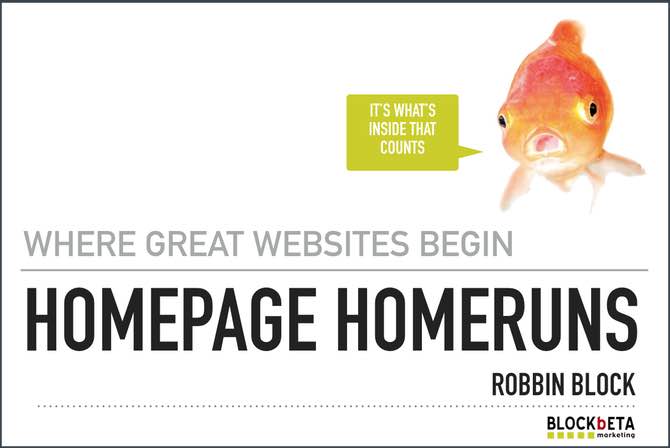|
Should you offer coupons to boost your business or is it the marketing tool of last resort? A lot of businesses think offering a reduced price on products or services is going to improve their bottom line. Not necessarily. The following checklist will help you decide when it's right to offer a lower price or discount. Using discounts or not depends on many factors, including your business model and what you’re trying to accomplish. It’s not a quick fix. The simple truth is that coupons or discounts are advertising. That is, you’re paying to attract customers. Think your strategy through before you take the plunge. Pros:
Cons:
Discounts are the Last Promotional Tool, Not the FirstIf you do decide to use coupons, consider the following:
Related Articles: 10 Reasons Why Discount Pricing is Bad for Business How to Use Social Media to Market a Local Business Rethink Your Marketing Strategy in Under an Hour 6/10/2020 12:42:13 pm
Compared to Shopify, Volusion features no hidden transaction fees and no checkout redirects that scare customers. 9/17/2020 04:23:01 am
Build loyalty. Coupons can instill brand loyalty to your existing customer base.
Oliver Twist
9/18/2020 04:48:22 am
Loved this post about pros and cons of coupons .Well explained !. Great tips shared. 1/30/2021 04:04:07 am
Good blog post. I want to thank you for interesting and helpful information and I like your point of view. Thank you!- I love to read this type of material Good and attractive information I take from it.. Thank you for posting such a good article. Comments are closed.
|
�
Robbin BlockSharing what I know and love about marketing small to medium businesses. About me Categories
All
|
BLOCKBETA MARKETING
Blockbeta is a marketing consulting firm specializing in niche businesses with unique business models. Our focus is on developing value propositions, website transformation, and amplification. Business strategy, not tactics alone, drives our creative action plans, websites, and digital marketing programs.
|
featured Marketing servicesWebsite buildingresources |
Disclosure: Some of the links on this site are affiliate links. If you click on the link and purchase an item, we will receive an affiliate commission.
Icons from Flaticon — Chaos by Freepik, Brand by Geotatah, Website by Eucalyp
Icons from Flaticon — Chaos by Freepik, Brand by Geotatah, Website by Eucalyp
Privacy Policy | Copyright © 2024, Block Media LLC. All rights reserved. Seattle, WA * 206-335-5929



 RSS Feed
RSS Feed
